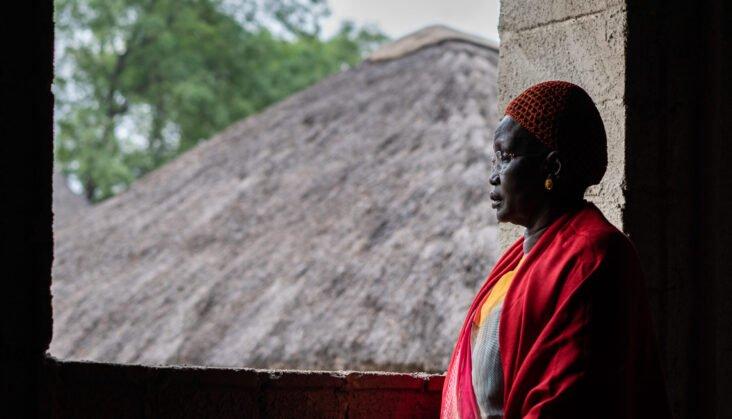Africa-Press – Botswana. The Encounters South African International Documentary Festival returns to theatres for the first time in two years, with in-person screenings taking place across venues in Cape Town and Johannesburg. Perhaps the most prestigious festival on the continent for documentary films, the 24th edition of Encounters offers a whopping 53 titles – shorts and features inclusive. It runs from 23 June to 3 July 2022.
“Our passion is to present films that educate, entertain and leave a lasting impact,” festival director Mandisa Zitha noted in her welcome address.
This took a look into the impressive programme to bring you the top five most anticipated African documentaries screening this year. These five films feature original African storytelling at its strongest, with themes that relate to some of the most pressing issues on the continent. From immigration to maternal mortality, to the search for identity – these are the films that will most certainly be the talk of the festival.
Among Us Women (Germany/Ethiopia)
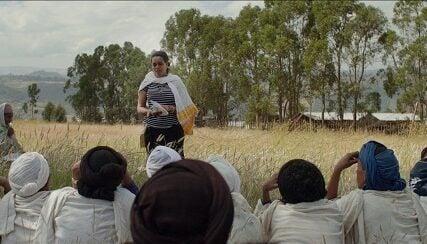
Paying a genuine homage to its title, Among Us Women – directed by the duo of Sarah Noa Bozenhardt and Daniel Abate Tilahun – centres around the lives and circumstances of its formidable subjects, rural Ethiopian women as they go about supporting themselves, building families and raising the next generation.
The film follows the dedicated staff of a local health centre set up to roll back maternal mortality while delivering safe obstetric services to the women who need them.
When the film-makers aren’t observing the women in action, they are letting them speak for themselves, resulting in a robust treatise on the realities of delivering socially sensitive healthcare to people in disadvantaged areas.
No Simple Way Home (South Africa/ South Sudan/ Kenya)
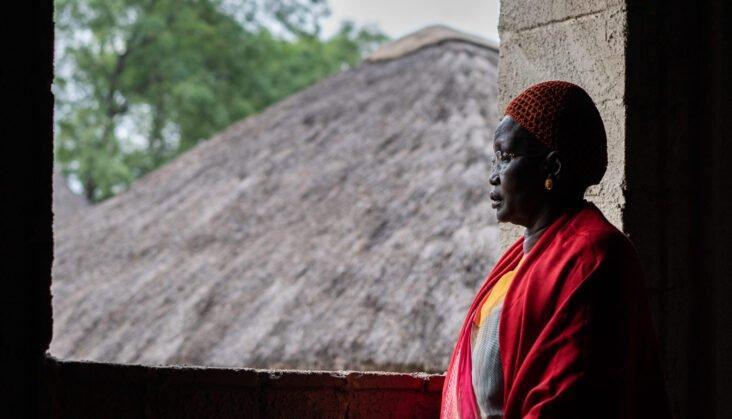
Akuol de Mabior’s impressive debut feature-length film marked a significant milestone in February when it became the first film from South Sudan to premiere at the Berlinale. De Mabior, daughter of the late national liberation hero John Garang de Mabior, goes on a personal odyssey, reflecting on her identity, her ties to home and her family’s legacy.
No Simple Way Home also follows the film-maker’s mother, Rebecca Nyandeng de Mabior – who in her capacity as one of South Sudan’s vice- -residents – is now tasked with the responsibility of upholding the family’s legacy while delivering the dividends of democracy to the people. Meanwhile, the country’s stability seems to be hanging on by a thin rope.
No U-Turn (Nigeria/South Africa/France/Germany)
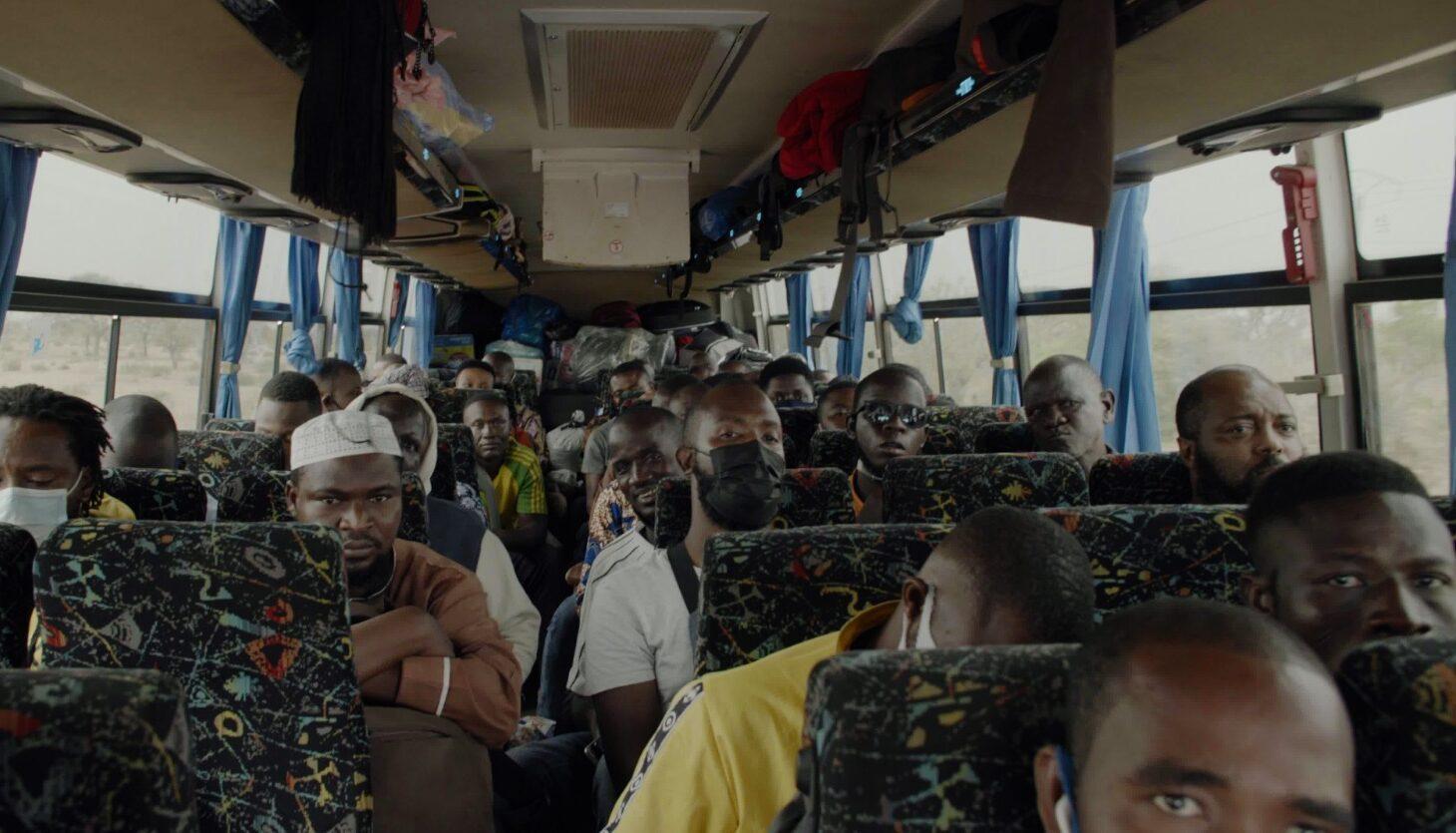
As a teenager, Nollywood director Ike Nnaebue attempted getting to Europe by road, through the desert and then by the sea. He wasn’t quite successful and chose to return. The trauma of that experience has stayed with him. And 27 years later, Nnaebue revisits that perilous journey, this time with a small film crew, all the better to understand himself through the stories of people who insist on taking the risk.
For his debut documentary, Nnaebue unspools a sprawling travel essay that listens to migrants about their dreams, hopes, challenges and traumas. With No U-Turn, Nnaebue maps out some of the factors that drive young West Africans to leave home.
The Prison Promise (Cameroon/France)
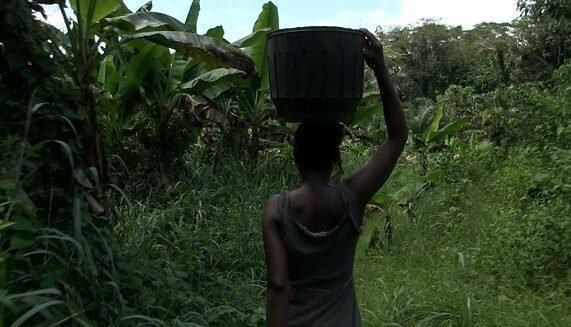
The protagonists of this heartwarming narrative found love in a hopeless place. But will this love save them? Détyr and Adéle were both serving time in prison when they met and fell for one another.
The Prison Promise, directed by Joseph Ndjom, respectfully interrogates this bond between the lovebirds and chronicles their efforts to reintegrate into society while holding on to the spark that brought them together.
Together, Détyr and Adéle face disapproving looks and economic insecurity, but they are also helped by the imperfect yet redeeming support of family and community.
Transactions (Zimbabwe/South Africa)
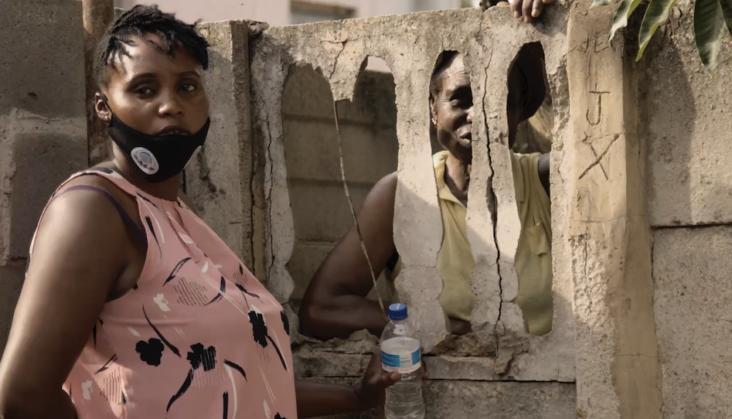
Rumbi Katedza’s incisive docu-drama tracks a Zimbabwean family with members scattered around the world. It shows the role that remittances play in maintaining the integrity of a modern family. The family at the centre of Transactions includes members in Zimbabwe, South Africa and the United Kingdom- but the story that Katedza tells is a universal one.
For More News And Analysis About Botswana Follow Africa-Press

